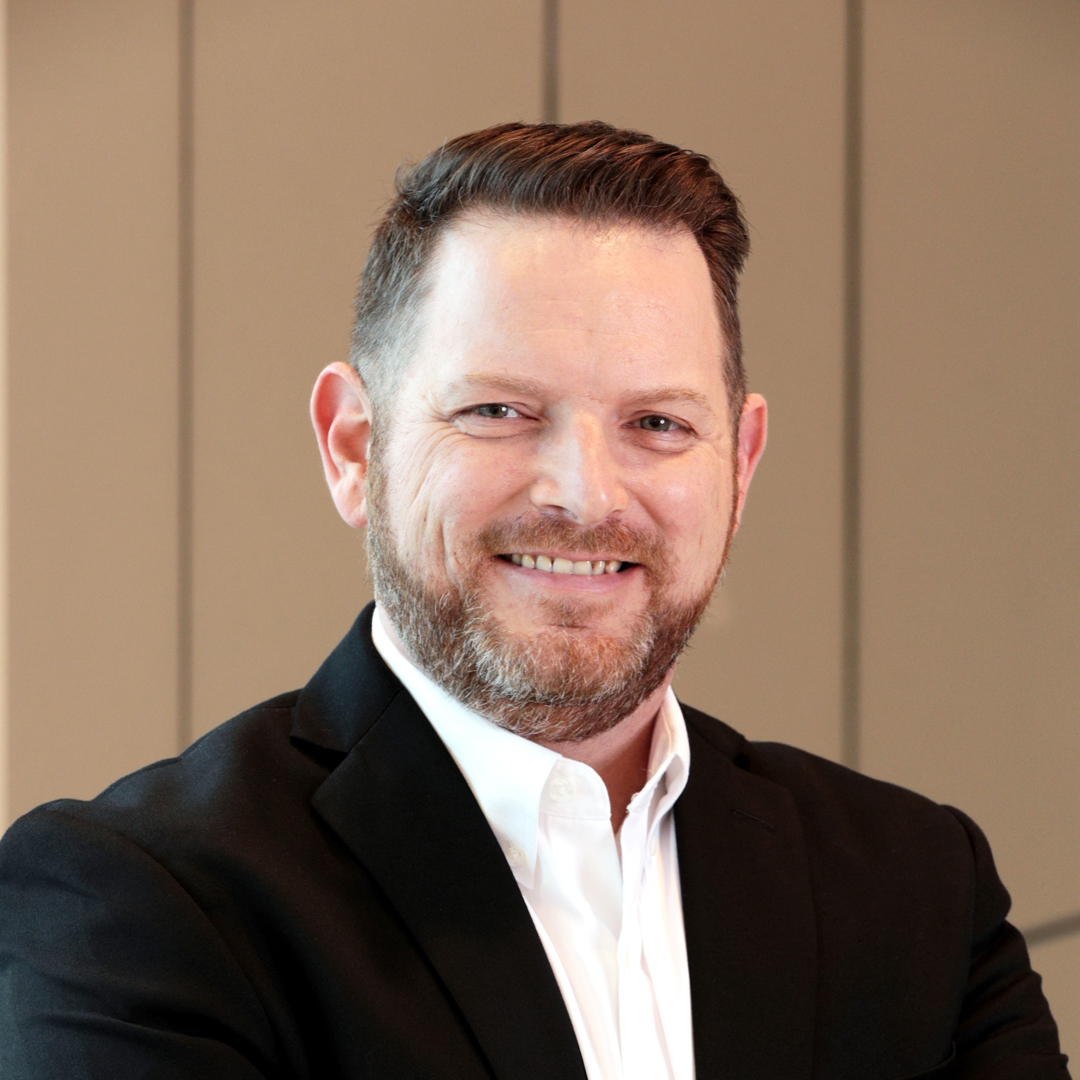Managing an endless parade of legal work involving the creation and protection of intellectual property rights for a major pharmaceutical company might not sound like the dream job for a trained medicinal chemist, but Peter Cicala is happy to refute that assumption.
“I used to work in drug discovery,” says Cicala, corporate vice president and chief patent counsel for Celgene Corporation, a New Jersey-based biotechnology company that discovers, develops, and commercializes medicines for cancer and inflammatory disorders. “My favorite part of the job is my proximity to drug discovery and development and interacting with world-class scientists; I get to do that every day here.”

Cicala came to Celgene in 2014, after building his career in IP protection for a number of pharmaceutical companies, including Merck, Shire, and Enzon. When he arrived at Celgene, the company was in a rapid-growth state, so in addition to taking on the mountain of legal work that is part and parcel of his job, he also had to assume leadership of a small department that had been experiencing unprecedented increases in workflow due to Celgene’s rapid success.
“I was the first chief patent counsel at Celgene, even though the company was more than twenty years old,” he says. “For me, it was about being proactive, strategic, and also convincing our internal clients that we could be great business partners. The first thing I did when I arrived at Celgene was draft an organizational plan for the department, and I plotted out how many attorneys and patent agents the IP department needed and how to effectively embed them into the business within Celgene.” He then obtained buy-in from the key functions within Celgene, including R&D and business development.
Cicala then developed and implemented an organizational strategy for his department, starting with assessing everyone in his team, determining their strengths, and assigning them roles that played to those strengths. He says personal and professional development is a key tenet of his management style. “It’s a different situation when everybody feels their job has meaning. It intensifies their investment in their work. I reminded my team that we have technical skills and exposure to the inner workings of the company. The view of the company that we have uniquely positions us to provide advice and guidance that only we could give. In-house patent lawyers should not be thought of as just scribes; we can and should give strategic advice that goes way beyond the prosecution of patent applications.”
Cicala made several key additions to the IP team and “then the entire department crystalized,” he says. “I then challenged every team member to innovate. I made it clear that I didn’t just include improving office disciplines and practice efficiencies in the definition of innovation; those are very important and should always be worked on. More importantly, innovation must also include proactively applying each team member’s scientific expertise and knowledge of the pharma industry and using that expertise to actually participate in relentlessly driving toward the creation of new inventions and products.”
Coalescing with the scientific community can be a tricky proposition. According to Cicala, you don’t want to be so involved that you appear to be second-guessing your colleagues in the lab, but at the same time you need to build trust with your clients by engaging with them on their terms, in their language.
Throughout his career the one thing that has remained constant is that scientists really appreciate IP professionals who “speak their language,” he says. “They are like different people once they realize that you can competently speak to them in a meaningful way about their inventions. That’s the only way to leverage your skills as a patent professional to effectively communicate with scientists. And by the way, that goes for our business colleagues, too.”
When asked about the current state of patent law and its relevance to the pharma industry, Cicala says, “At the end of the day, it’s about quality. The public policy behind the patent system is to reward inventors for their investment by providing a government-granted limited monopoly called a patent. These days, courts and patent offices around the world are focused on enforcing good patents and weeding out patents that don’t meet the stated public-policy goals. For a company that expends huge amounts of resources on its research, it is imperative for Celgene to file and prosecute the highest-quality patent applications in order to preserve the value created by the inventors and to ultimately protect products that may be essential to extending the life of patients.”
With hundreds of clinical trials and research programs at major medical centers and universities using compounds and other inventions from Celgene, the IP department has no shortage of moving targets to protect on any given day. It means that the legal department can’t be in its own silo in New Jersey as it watches its products fan out around the world. It has to be involved at every level.
“We know what’s going on internally. In-house patent lawyers are not just scribes; we give strategic advice that goes way beyond the processing of patent applications.”
Adding to the extraordinary amount of work to Celgene’s IP department is a unique and very successful Distributed Research model, which was instituted by the company’s business development and R&D departments. This model provides opportunities for small companies to develop their concepts (based upon strong science) supported by Celgene, with the understanding that Celgene would directly benefit from commercially viable drug candidates that emerged from that support.
“The key to this model is to diversify,” Cicala explains. “It’s better to fail early and often than to cling to a few ‘big’ partnerships that may not be successful but are nevertheless very expensive to continue. What is challenging for the IP department is the fact that we essentially become IP counsel for our partners, at least to the extent necessary for Celgene to protect its investment.”
This represents a hidden demand on the IP department that isn’t necessarily visible at first. “This model necessitated that our team members integrally embed themselves into each drug development program,” he says, “and advise science and business managers of the opportunities and risks presented by these fast-moving and cutting-edge projects.”
Indeed, Celgene’s legal department finds itself embedded in regulatory, commercial, research, and manufacturing matters. Cicala says there isn’t one area in the company where the department does not engage in deep-seated interaction. This ensures that it produces high-quality patents and remains a strong business partner to Celgene as a whole.
Assisting the department with its work and patents is a host of outside counsel, who Cicala says are critical to maintaining a fresh perspective on the pharmaceutical and biotech patent landscape at large. “They have a lot of clients, and we benefit not only from their line of thinking but their exposure to other circumstances,” he says. “They see trends that we might not and they bring fresh ideas in on a conveyor belt. It’s great to get a fresh perspective.”
Ed Haug, managing partner at Haug Partners LLP, has known and worked with Cicala for more than a decade on highly complex litigation and due diligence matters. “Peter brings a wealth of both technical and legal expertise to any project and lets his outside counsel bring their own ideas and knowledge to the case at hand,” he says.
Nick Cerrito, partner at Quinn Emanual Urquhart & Sullivan, agrees. “Peter’s depth of knowledge regarding both the legal issues and the science of patents we litigate makes him an ideal partner both for us as outside counsel and for the business of our mutual client.”
In addition, Cicala says, “we have a dedicated patent lawyer who focuses on government affairs and works with trade organizations around the world, which helps us stay on track with policy at a global level.”
In January 2019, the company announced its agreement to be acquired by Bristol-Myers Squibb, bringing together two complementary companies that share a focus on discovering, developing, and delivering innovative medicines for patients who have life-threatening health conditions. Cicala says his view toward the future holds firm to that focus and continuing the dedicated work that has established Celgene’s success to date.

